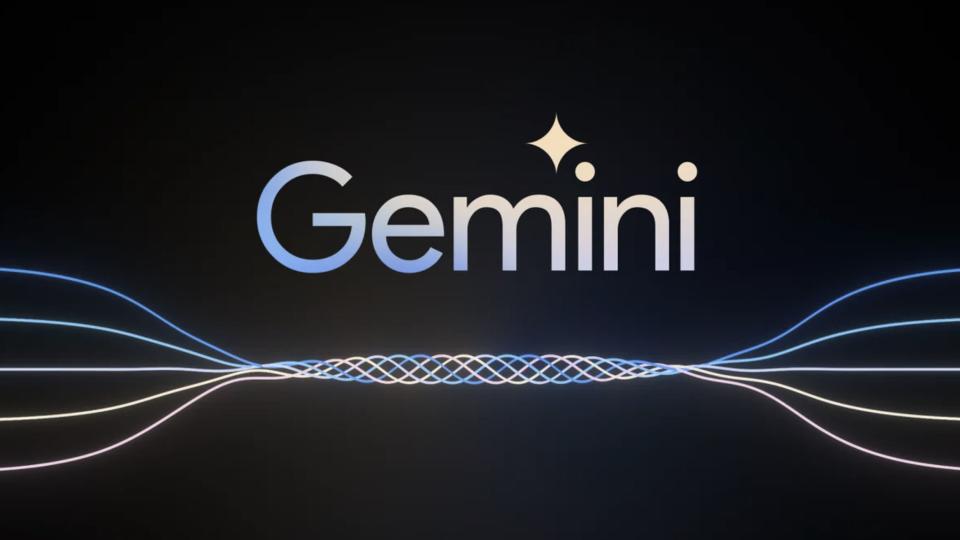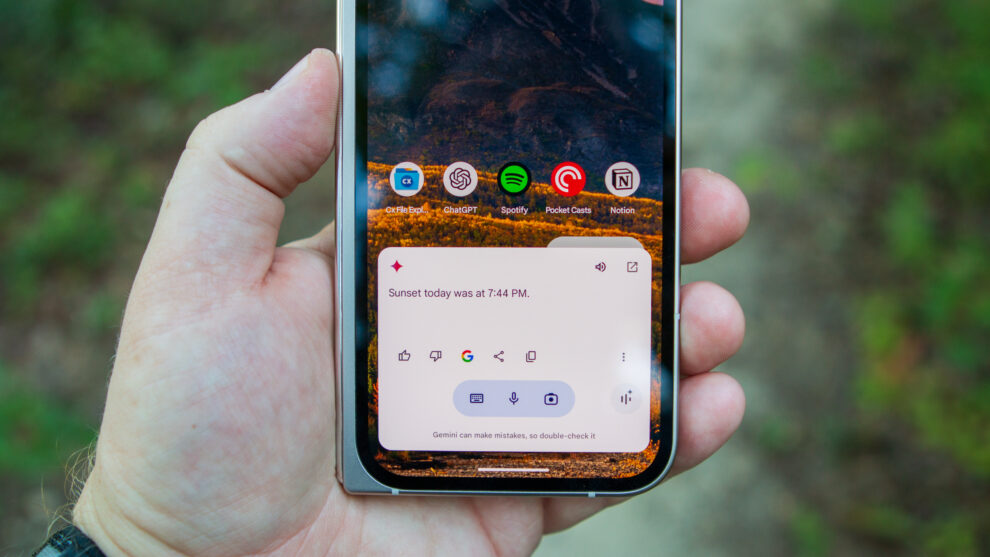Google is rolling out the Gemini Utilities Extension, a major upgrade that brings the AI platform closer to fully replacing Google Assistant on Android devices. This update represents a crucial step in Google’s strategy to consolidate its AI services and enhance user interaction with their devices.
The new extension addresses one of Gemini’s most notable limitations by enabling direct control over Android device functions and applications, capabilities that previously required reverting to Google Assistant. This development marks a significant shift in Google’s AI ecosystem, allowing Gemini to handle tasks such as setting timers, capturing screenshots, controlling media playback, and managing device settings independently.
The upgrade comes at a time when Google’s AI landscape is experiencing a complex transition period. Currently, Android users face a somewhat fragmented experience, with Gemini handling advanced AI tasks while still needing to defer to Google Assistant for certain device-specific functions. The Utilities Extension aims to streamline this experience, creating a more unified and efficient interaction model.
However, the rollout strategy reveals the careful approach Google is taking with this transition. The company is implementing a gradual deployment of the update, which could take several days to reach all Android users. This measured approach suggests an emphasis on ensuring stability and reliability as these new capabilities are introduced to the broader user base.
It’s important to note the distinction between standard Gemini and Gemini Live, Google’s voice-controlled AI variant. While the Utilities Extension significantly enhances the capabilities of the standard Gemini application, Gemini Live remains limited in its ability to interact with device functions and settings. This differentiation highlights the ongoing development process in Google’s AI ecosystem, with various components evolving at different rates.
The standard Gemini app has already established itself as a powerful upgrade over the original Google Assistant, offering advanced features such as email inbox searching, content summarization, and contextual advice. The addition of direct device control capabilities through the Utilities Extension further cements its position as Google’s primary AI interface for Android users.
Google’s strategy appears to focus on building a comprehensive AI assistant that can handle both advanced cognitive tasks and basic device management functions. This approach differs from the traditional virtual assistant model by combining sophisticated AI capabilities with practical utility features, potentially setting a new standard for AI assistants in mobile devices.
The timing of this update is particularly significant as it comes amid increasing competition in the AI assistant space. With other tech giants continuing to enhance their own AI offerings, Google’s move to consolidate and expand Gemini’s capabilities suggests a strategic push to maintain its position in the market.
The absence of similar upgrades for Gemini Live, however, indicates that Google’s development of voice-controlled AI features may be following a different timeline. The company’s help documentation acknowledges the gradual nature of Gemini Live updates, suggesting that more comprehensive voice control capabilities may be forthcoming in future releases.
This development represents more than just a feature update; it signals Google’s broader vision for the future of AI assistance on mobile devices. By bringing together advanced AI capabilities with practical device control functions, Google is working toward a more integrated and seamless user experience that could fundamentally change how users interact with their devices.
As the rollout continues, the tech community will be watching closely to see how users adapt to these new capabilities and whether this marks the beginning of a more comprehensive transition away from Google Assistant to Gemini as the primary AI interface for Android devices.
















Add Comment